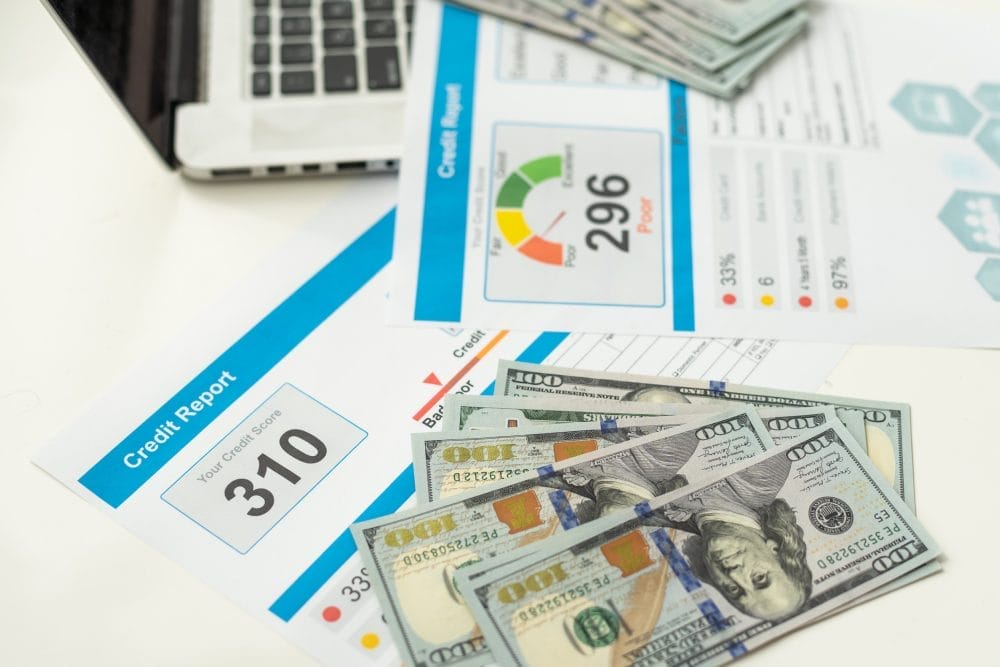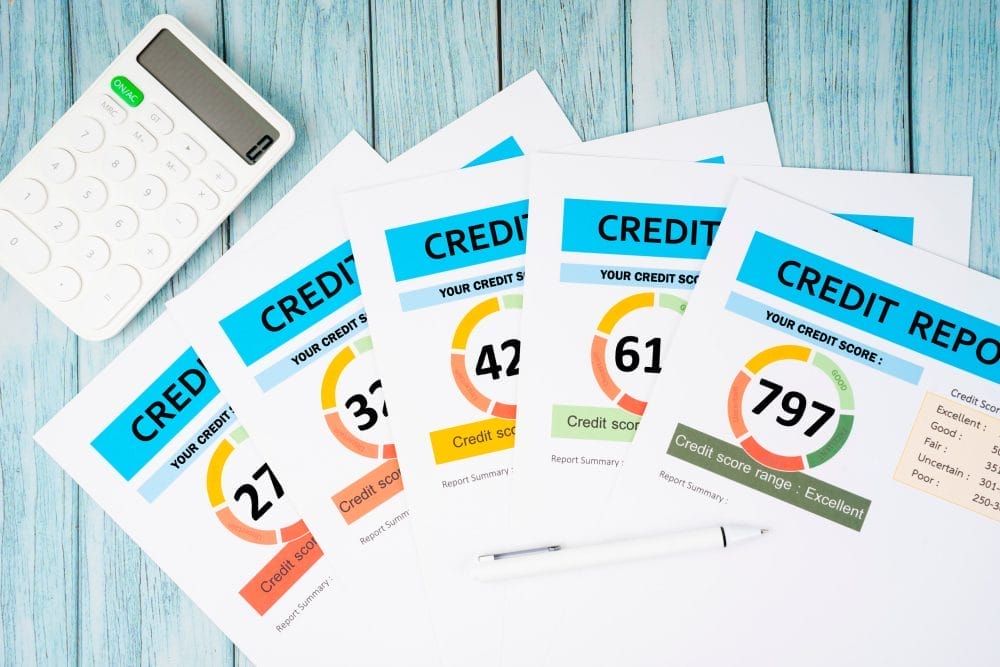There’s nothing hotter right now than side hustles. From driving for apps to selling handmade goods online to flipping sneakers, everyone seems to be cashing in outside their 9-to-5. Side hustles can bring extra cash, freedom, and sometimes even launch into full-time businesses.
But here’s the twist most people don’t consider: that new hustle might actually have a hidden effect on a credit score. Whether that’s good or bad depends on how the money game is played.
Side Hustles Don’t Directly Show Up on Credit Reports
Credit scores are based on things like payment history, debt balances, credit age, and account variety—not whether someone is delivering food on weekends or running a small Etsy shop. The money earned from a side hustle doesn’t get tracked by credit bureaus. What does matter is how that money is used and how consistent financial habits remain. If side hustle income helps pay off debts faster or keep credit card balances low, the score can get a lift. If it leads to extra spending and higher balances, the score can take a hit.
Extra Income Can Supercharge Debt Payments
One of the most powerful credit moves is lowering credit card balances. A side hustle brings in extra income that can be channeled directly toward those balances. That reduces the credit utilization ratio, which has a big impact on scores. People who use their hustle money to wipe out high-interest cards see results quicker than those relying solely on their paycheck. It’s like hitting the fast-forward button on debt payoff and score improvement.
New Business Accounts Might Affect Credit
Some side hustles grow into registered businesses, and that’s where personal and business credit can overlap. Opening a business credit card may require a personal guarantee, which ties it to personal credit. If balances stay high or payments slip, a personal score can take the hit. On the flip side, responsibly managing business credit can build both profiles over time. Understanding the link between business accounts and personal reports is key before swiping that new business card.
Tax Time Can Be a Credit Turning Point
Side hustle income usually isn’t taxed upfront, which means setting money aside is essential. If taxes get overlooked, the IRS could come knocking with a bill that might lead to debt or even liens. Any unpaid tax debt that escalates into collections can weigh down a credit score. Being disciplined about tax savings keeps the hustle from becoming a financial trap. Planning ahead ensures credit stays clean and stress-free when tax season rolls around.
Loans and Financing May Enter the Picture
As a side hustle grows, some hustlers consider small business loans or personal loans for expansion. Applying for these loans usually triggers a credit check, which can temporarily ding a score. If the loan is approved and managed well, though, it builds credit over time through on-time payments. Trouble arises if loan payments are missed or the debt becomes overwhelming. Borrowing wisely makes the difference between growth and financial strain.
Cash Flow Gaps Can Lead to Credit Card Trouble
Not every hustle pays consistently. Freelance projects may come in waves, or delivery apps may have slow weeks. When income dips, some hustlers lean on credit cards to float expenses. High balances and late payments can quickly damage a score. A smart buffer of savings helps smooth those ups and downs without leaning too heavily on credit lines.
Side Hustle Stress Can Trigger Overspending
It’s easy to justify splurges with side hustle money because it feels like “extra.” But extra spending often leads to higher balances on credit cards or less cash to pay down existing debts. Overspending not only hurts the wallet but also risks pushing utilization ratios into the danger zone. The credit system doesn’t care if money was earned after hours—it just tracks balances and payments. Keeping side hustle money in check helps avoid lifestyle inflation that sneaks up on scores.
Building an Emergency Fund with Hustle Cash
One of the smartest moves is funneling side hustle income into an emergency fund. Credit scores take big hits when unexpected expenses force late payments or maxed-out cards. Having cash reserves means emergencies don’t push debts higher. It keeps credit stable while life happens. Using hustle money to build financial safety nets is a win on every level.
Responsible Credit Use Keeps the Score Climbing
At the end of the day, it’s not the side hustle itself that changes a credit score—it’s the money habits behind it. Hustle income can either strengthen financial discipline or create new traps. Paying bills on time, keeping balances low, and resisting unnecessary debt are still the golden rules. When side hustle earnings are used to support those rules, the credit score benefits. If not, even the best hustle can become a financial liability.
Side Hustles Are a Credit Score Power Tool
A side hustle can be a ticket to stronger financial health or an unintentional setback, depending on how the income is handled. Credit scores don’t track side hustle activity directly, but they absolutely reflect the choices made with that extra cash. Paying down debt, saving for emergencies, and keeping spending in check turn a hustle into a credit booster. Ignoring taxes, overspending, or leaning too much on credit can send scores in the opposite direction.
How is your hustle shaping your financial story? Drop a comment and share your thoughts.
You May Also Like…
6 Side Hustles That Lose More Money Than They Make
10 Side Hustles That Have Quietly Torn Couples Apart
10 Retirement Simulators That Overestimate Your Lifetime Income








